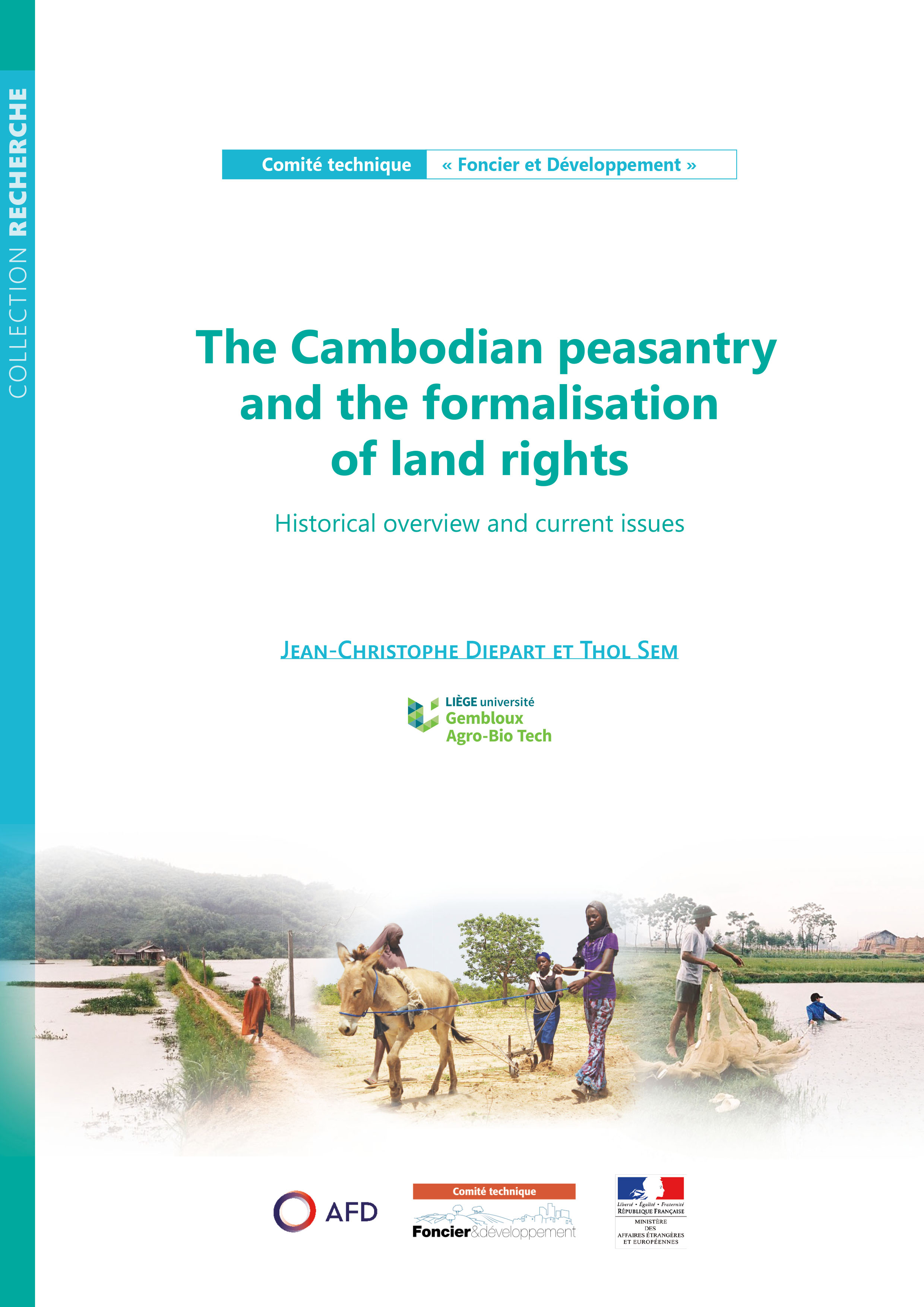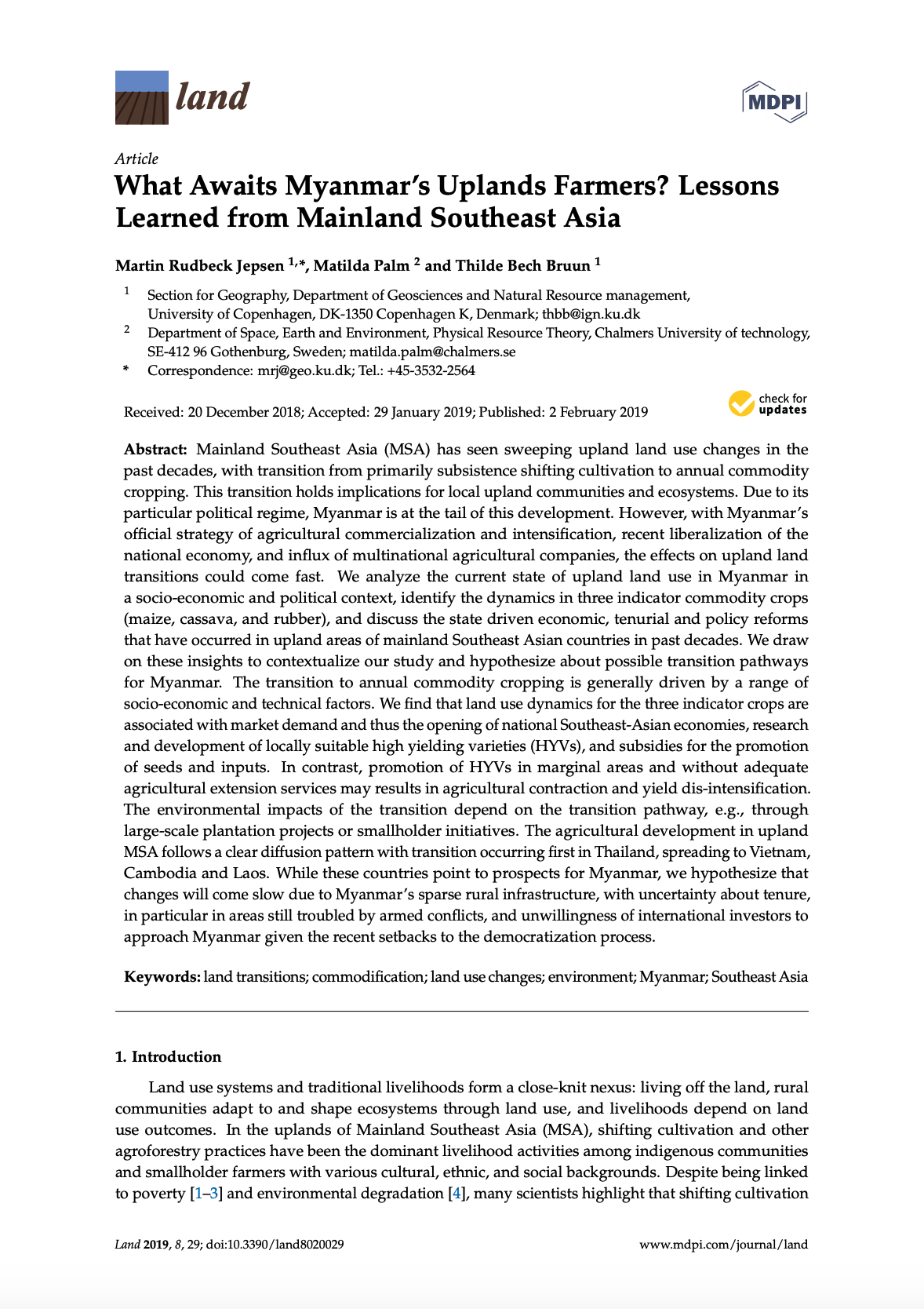Accelerated deforestation driven by large-scale land acquisitions in Cambodia
Investment in agricultural land in the developing world has rapidly increased in the past two decades. In Cambodia, there has been a surge in economic land concessions, in which long-term leases are provided to foreign and domestic investors for economic development. More than two million hectares have been leased so far, sparking debate over the consequences for local communities and the environment.




